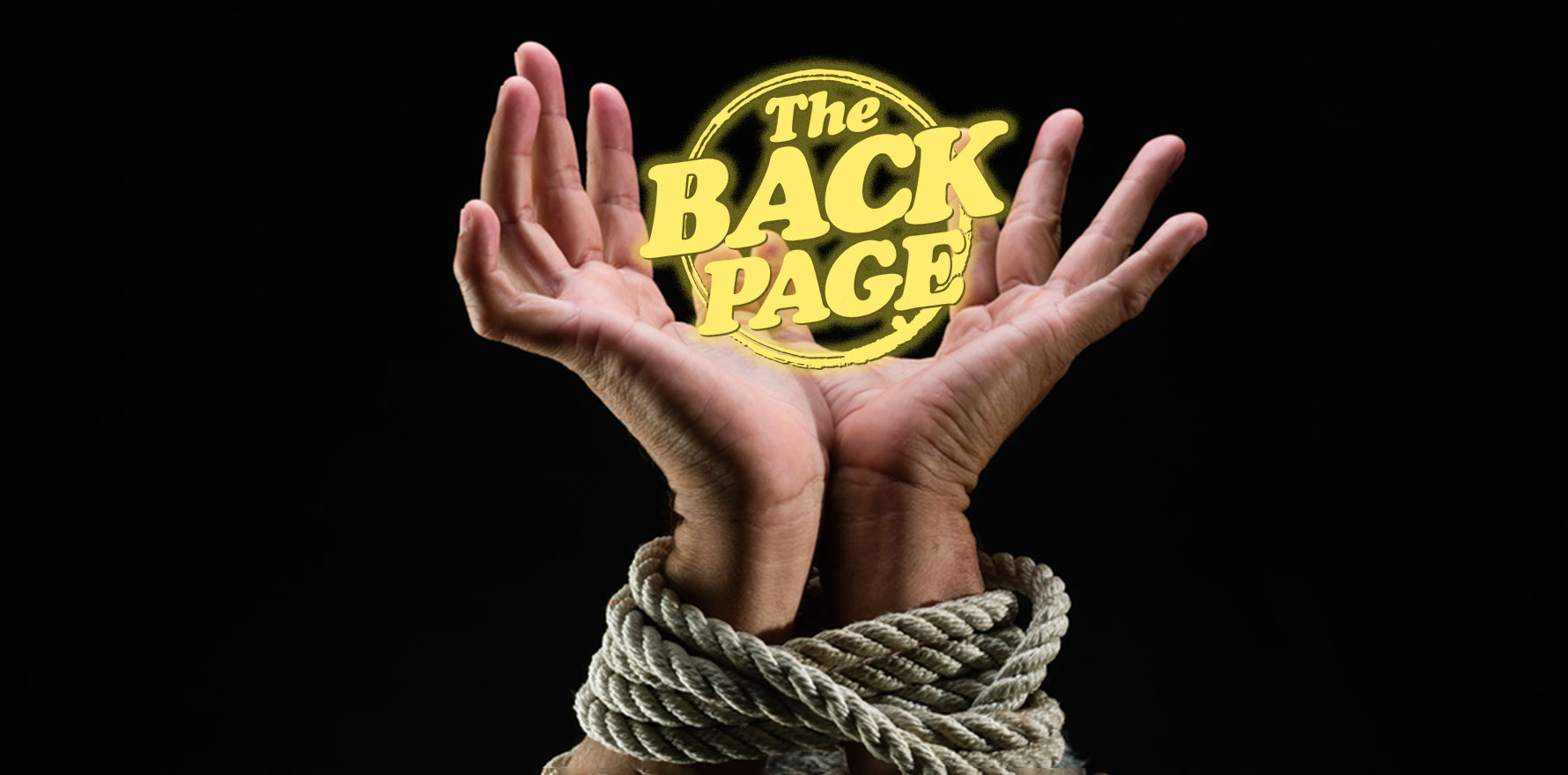When we can’t move our hands, we may not be able to process words properly either, new research suggests.
Italians are the most powerful communicators of us all, new research suggests.
Now I can hear your protestations: “What about French, the language of love? Or German, a language so precise that one word can describe a limited liability corporation with a sufficient amount of money held by the government?”
And we can’t ignore the fact that English is now the lingua, well, franca of the world.
But I’m sorry, new research suggests we’ve got it all wrong.
Scientists have found that when they tie people’s hands down, their ability to verbally respond to questions about objects became slower, and their brains were less active in the region responsible for processing language about tools.
The implication is clear: engineering workplace communication needs to get 50% more Italian and we’ll have bases on Mars and complete fossil-free energy in the next decade.
So why were boffins investigating this in the first place?
Well, it turns out that we’re still not exactly sure what happens in your brain when you think about a word.
But didn’t Wittgenstein settle all of this when he said that words operate by forcing an image to pop into your mind? Meaning conversations are just two people forcing pictures into each other’s brains?
Stupid question, dummy. He actually backtracked on that, which has left us still trying to figure out how it all works.
One theory of language is “embodied cognition” – the idea that the way we understand words is closely dependent on our body movements.
To test this, researchers investigated what would happen when participants’ hands were tied, and they were presented with words for handheld objects such as “cup” or “pencil” or words for objects that weren’t handheld such as “windmill” or “fountain”.
They then tested people’s response time and scanned their brain activity with functional near-infrared spectroscopy.
Participants sat in front of a screen where these pairs of objects were displayed, and had to tell the researchers which of the two were larger.
In the scenario where their hands were restrained on the desk, participants took longer to come up with the correct answer out of “cup” and “broom” but not “windmill” and “fountain”.
There was also less activity in the intraparietal sulcus and the inferior parietal lobule of the left brain – areas linked to the semantic processing of object manipulation – in the comparison of handheld objects.
The exact relationship between motor imagery and simulation wasn’t totally clear, the authors said. “Understanding the meaning of words that denote hand-manipulable objects does not necessarily require the generation of motor imagery,” they wrote in Scientific Reports.
“However, in our experiment, participants were instructed to compare the sizes of two objects. This task may have evoked motor imagery of manipulating these objects by hand.
“The present study shows, for the first time, that hand movement constraints suppress brain activity toward hand-manipulable objects and affected the reaction time of semantic processing.”
So next time you’re tied up in a BDSM scene, don’t forget your safe word.
If you need someone to put words to a strange phenomenon, email penny@medicalrepublic.com.au.


